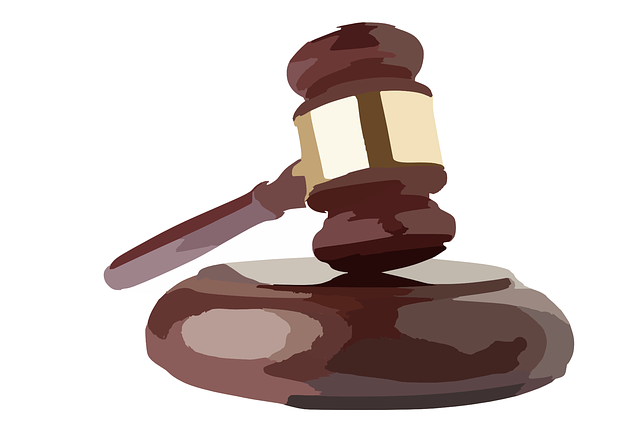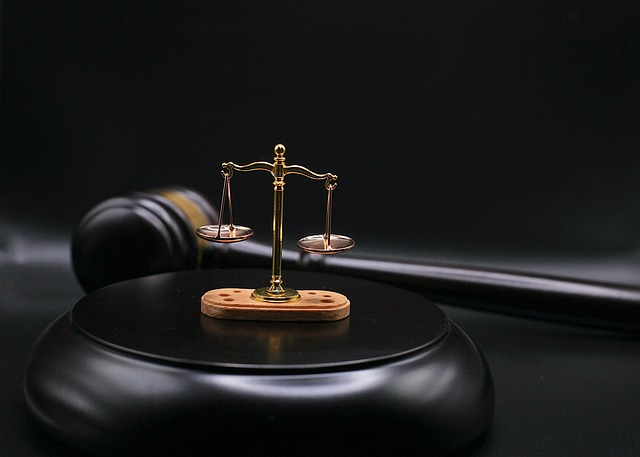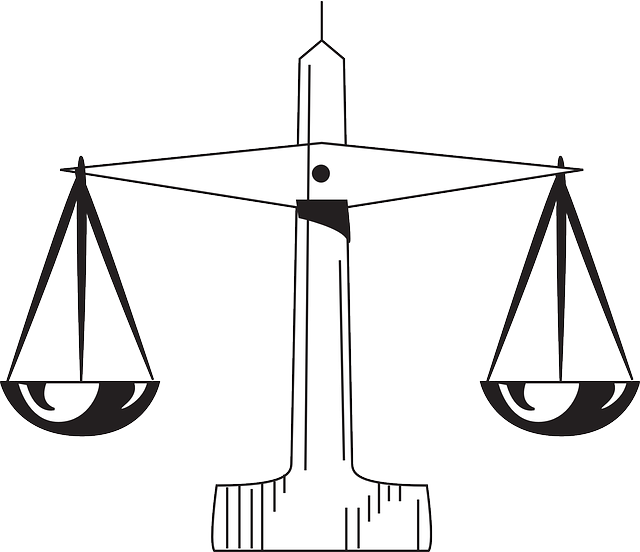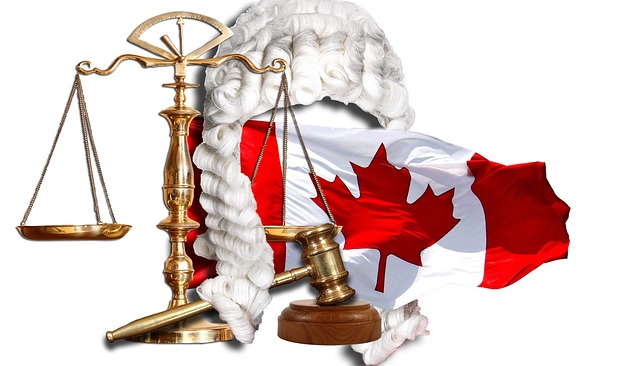In Oregon, facing contempt of court charges can be complex. An Oregon attorney's expertise is crucial, offering critical insights into navigating state-specific laws and potential sanctions. Legal perspectives from local practitioners emphasize the importance of court authority and order integrity. The process involves a petitioner filing a motion, an evidentiary hearing, and a judge's decision based on clear and convincing evidence. Oregon legal experts provide strategic advice, ensuring accused parties understand their rights and helping to achieve favorable outcomes within the state's judicial framework. Consulting with such an attorney is essential to avoid common pitfalls and leverage professional insights tailored to Oregon's laws.
“Dive into the intricate world of contempt cases in Oregon with expert insights from leading attorneys. This comprehensive guide offers a unique perspective on navigating the legal framework surrounding contempt of court. From understanding the role of an Oregon attorney to exploring procedural steps and common mistakes, we demystify this complex area of law. Discover case studies highlighting notable contempt cases and gain valuable strategies for both plaintiffs and defendants. Get professional insights from Oregon’s legal experts to ensure informed decision-making.”
- Understanding Contempt of Court in Oregon: A Legal Framework
- The Role of an Oregon Attorney in Contempt Cases
- Procedural Steps for Alleging and Proving Contempt
- Defending Against Contempt Charges: Strategies and Rights
- Common Mistakes to Avoid During Contempt Proceedings
- Case Studies: Notable Contempt Cases in Oregon's Legal History
Understanding Contempt of Court in Oregon: A Legal Framework

In Oregon, contempt of court is a serious legal matter that occurs when an individual or entity fails to comply with a court order. This can range from deliberate acts of defiance to unintentional omissions. Understanding the legal framework surrounding contempt is crucial for both parties involved in a dispute—the accuser seeking enforcement and the respondent facing potential sanctions. An Oregon attorney with expertise in this area offers valuable insights, helping clients navigate the complexities and ensuring their rights are protected.
Legal perspectives from Oregon lawyers highlight that contempt proceedings serve as a tool to ensure respect for the court’s authority and the integrity of its orders. The legal expert’s analysis underscores that the burden of proof lies with the accuser, who must demonstrate beyond a reasonable doubt that the respondent willfully violated a valid court order. This process involves meticulous documentation, careful consideration of circumstances, and, in some cases, negotiation to resolve without formal charges.
The Role of an Oregon Attorney in Contempt Cases

An Oregon attorney plays a pivotal role in navigating complex contempt case procedures, providing invaluable expertise and strategic guidance. Their insights are crucial in understanding the nuances of state laws and court rules specific to Oregon, ensuring clients’ rights are protected throughout the legal process. With their deep knowledge of local jurisprudence, an Oregon lawyer can offer tailored advice on evidence presentation, witness examination, and argumentation, enhancing the likelihood of a favorable outcome.
Legal perspectives from an Oregon attorney help clients comprehend the gravity of contempt charges and potential consequences. They analyze the facts of each case, scrutinize legal precedents, and offer professional opinions on the strength of the prosecution’s case. This analysis empowers clients to make informed decisions, understand their options, and actively participate in building a robust defense strategy.
Procedural Steps for Alleging and Proving Contempt

In Oregon, the process of alleging and proving contempt involves several key procedural steps, each with its own nuances. An Oregon attorney specializing in contempt cases will guide clients through these stages to ensure a robust legal defense or prosecution. Initially, the petitioner must file a motion with the court, clearly articulating the specific acts alleged to be contumacious. This document sets the stage for the subsequent evidentiary hearing where both parties present their case. The Oregon lawyer insights into contempt emphasize the importance of precise language and comprehensive evidence during this phase.
The hearing itself is a critical juncture where legal perspectives on contempt in Oregon come into play. The judge, acting as the arbiter, listens to arguments from both sides and examines any documentary proof or witness testimonies. A professional insight into contempt in Oregon reveals that meeting the burden of proof—typically requiring clear and convincing evidence—is paramount for a successful contempt adjudication. Understanding these procedures, as offered by Oregon legal experts, is vital for anyone navigating the complexities of a contempt case within the state’s judicial framework.
Defending Against Contempt Charges: Strategies and Rights

When facing contempt charges in Oregon, understanding your rights and available strategies is paramount. An Oregon attorney with expertise in contempt cases can provide invaluable insights into navigating this complex legal process. They can help individuals accused of contempt to assert their constitutional rights while building a robust defense.
One key strategy involves examining the underlying court order for clarity and potential ambiguities. Attorneys may challenge the validity of the order, argue that it was incorrectly interpreted, or demonstrate that there was no willful violation. Additionally, they can leverage Oregon’s legal principles and precedents to protect their client’s rights, ensuring a fair and just outcome in court.
Common Mistakes to Avoid During Contempt Proceedings

When navigating Oregon’s contempt case procedures, it’s essential to avoid common pitfalls that can hinder your case. One frequent mistake is a lack of understanding of the specific legal definitions and requirements for establishing contempt. This often stems from not consulting with an experienced Oregon attorney who can provide insights tailored to the state’s laws and regulations. Ignoring the nuances of evidence presentation and procedural rules can lead to critical errors, potentially weakening or even undermining your case.
Another blunder is failing to gather comprehensive documentation and evidence. Contempt cases heavily rely on factual evidence, so inadequate preparation can be detrimental. Legal experts in Oregon emphasize the importance of meticulous record-keeping, including any relevant communication, court orders, and witness statements. An Oregon lawyer’s professional insights suggest that organized and detailed documentation significantly enhances your case’s credibility and strengthens your arguments before the court.
Case Studies: Notable Contempt Cases in Oregon's Legal History

In the vast landscape of Oregon’s legal history, several notable contempt cases stand out as defining moments, offering valuable Oregon attorney insights into contempt case procedures. These instances have shaped the state’s understanding and approach to handling contempt charges, reflecting the intricate balance between upholding justice and ensuring procedural fairness. For instance, the 2018 case of State v. Johnson exemplified the court’s delicate navigation of contempt powers when a defendant’s repeated non-compliance with a subpoena led to a contentious dispute. The Oregon lawyer opinions on this case underscored the importance of due process and specific intent in contempt proceedings.
Professional insights from Oregon legal experts highlight that cases like Johnson have contributed to refining the state’s legal perspectives on contempt. These studies reveal how Oregon attorneys have meticulously analyzed and interpreted legal precedents, leading to more precise definitions of contempt and its implications. As a result, Oregon’s legal community continues to evolve its approach, ensuring that contempt case procedures remain fair, transparent, and in line with the principles of justice.






